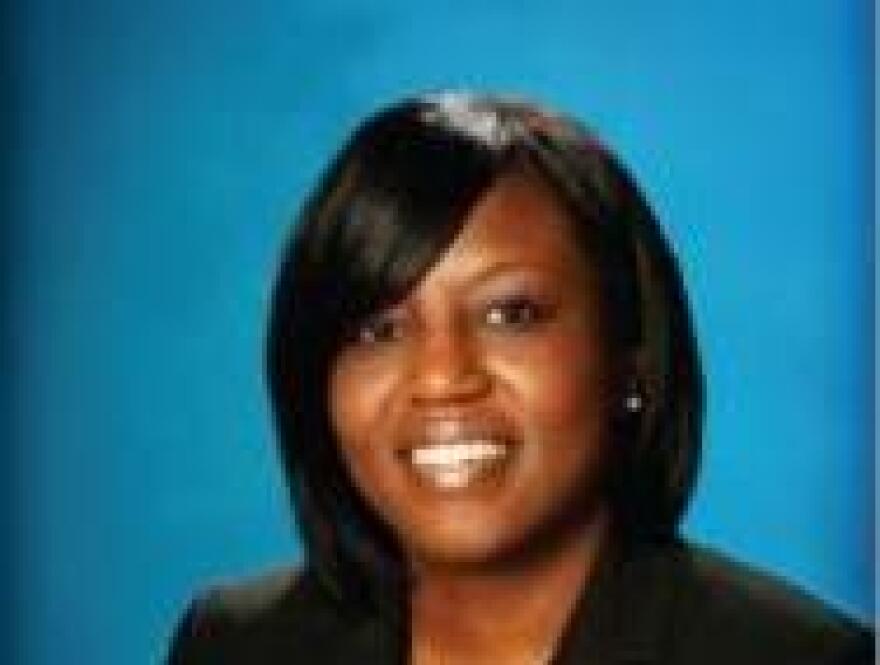A state official who wants to rescue insured patients from surprise health-care bills has crafted a road map for the Florida Legislature’s upcoming session.
Sha’Ron James, Florida’s Insurance Consumer Advocate, released a proposal Thursday that would shield emergency patients from so-called “balance billing” by doctors, hospitals and other health-care providers that are not part of the patient’s insurance network. This practice refers to a demand that the patient pay the difference between the amount being charged and what the insurer agrees to pay.
The proposal would not bar balance billing for patients who scheduled a stay an in-network hospital but ended up being seen by some physicians not in their network. Instead, the proposal would require hospitals to warn patients that this can happen.
“We’re taking an incremental approach to a major issue,” James said Thursday in a call with reporters.
James acknowledged that she had hoped to go further. Last month she told a House subcommittee that non-emergency patients are sometimes balance-billed through no fault of their own, and deserve protection.

But James took that out of the draft in order to create a proposal that could pass. “The worst thing that could happen is to not get any movement at all,” she said Thursday.
The issue applies to the most popular kind of commercial insurance -- Preferred Provider Organizations (PPOs) and similar insurance plans that have a contracted network of doctors and hospitals but offer some coverage outside the network.
Florida law already bans balance billing for those enrolled in health maintenance organizations (HMOs).
Recent reports have come to light of PPO patients being bankrupted or threatened by bill collectors over out-of-network treatment they could not have avoided. While the majority of such bills involve emergency treatment, they include some for care during elective stays.
Some out-of-network bills can run into thousands of dollars. James said the highest reported to her office was for nearly $90,000. The case involved a Palm Beach County patient who underwent surgery for a brain tumor; while her hospital was in her insurance network, the neurosurgeon was not.
During the 2015 Legislative session, a bill that would have barred balance billing in emergencies passed the House but stalled in the Senate. A similar bill, HB 221, has been filed for the 2016 session by Rep. Carlos Trujillo, R-Miami-Dade.
The major hurdle for the bill last time was the question: How will the payment amount for the out-of-network treatment be figured? Several suggestions have cropped up, but have been rejected by one side or another.
James’ proposal avoids that quagmire by requiring both billers and insurers to negotiate a fair compromise. If they can’t resolve it on their own, either side can call for binding arbitration.
The consumer advocate, attached to the Division of Financial Services, held hearings on balance billing in October. She followed up by talking to officials in other states and presented her findings last month to the House Subcommittee on Banking and Insurance.
Carol Gentry is a special correspondent for WUSF in Tampa. WUSF is part of Health News Florida, which receives support from the Corporation for Public Broadcasting.






